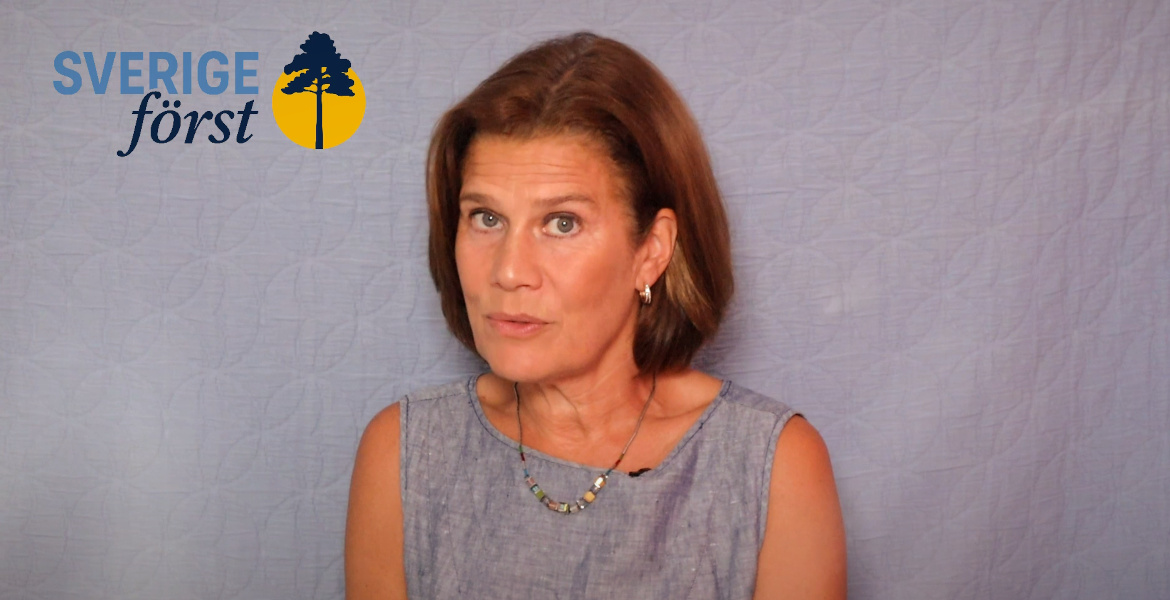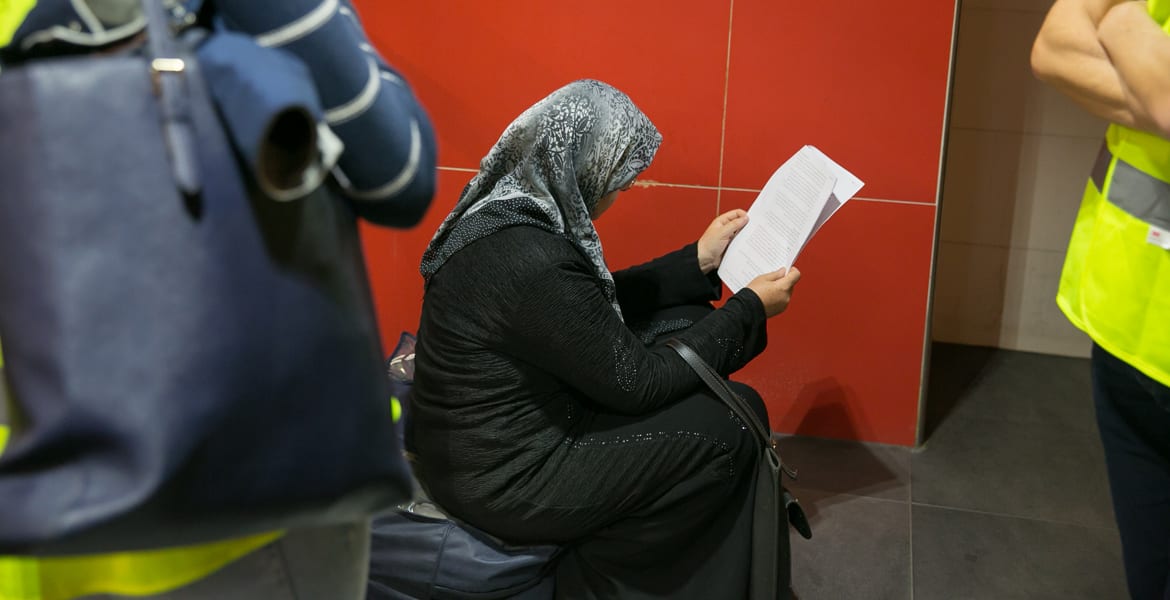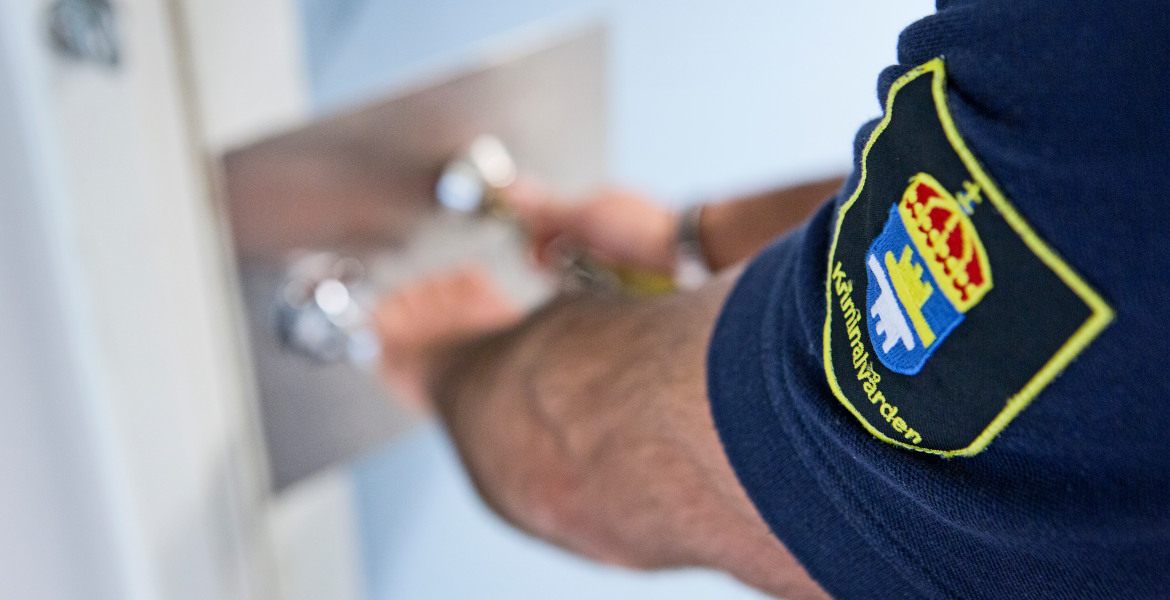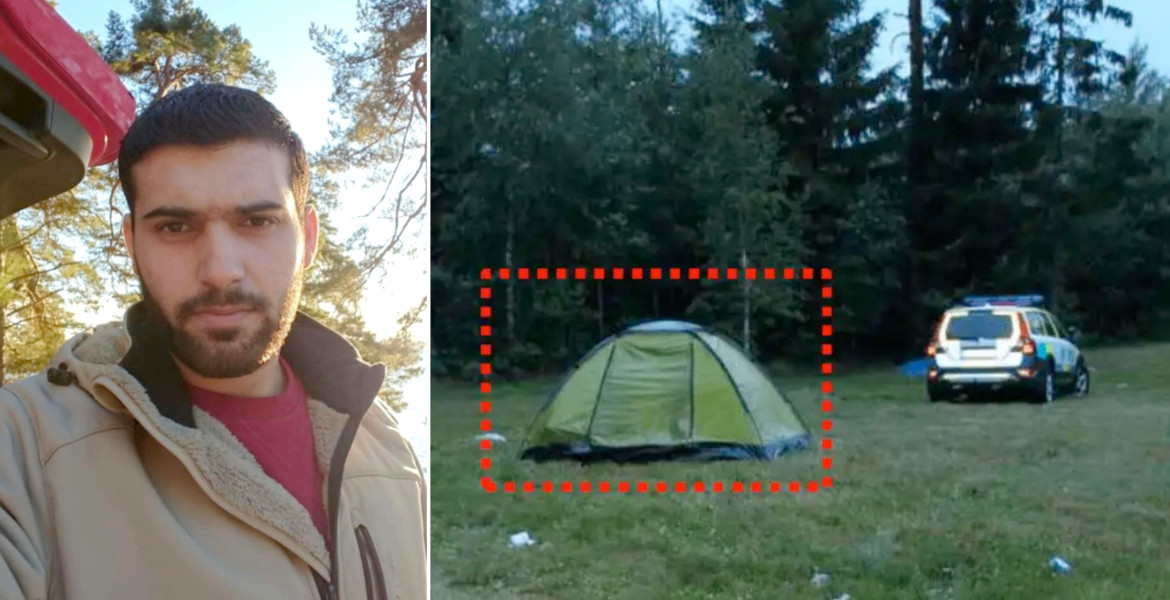A new political party, Sverige Först (Sweden first), was launched yesterday with the stated vision of restoring Sweden's prosperity, security, and independence.
The founder is the outspoken and popular member of parliament Elsa Widding, who has long been a vocal critic of climate alarmism, supranationalism, and experimental mass vaccination programs.
The party uses the slogan “Make Sweden rich again!” and compares Sweden to Switzerland, noting that Swedes have fallen far behind in recent years.
"In the 1970s, Swedes were one of the richest people in the world; we were then on the same level of prosperity as Switzerland. Today, an experienced Swedish high school teacher earns about 40,000 kronor per month, while a Swiss teacher earns the equivalent of 150,000 kronor", they write. The party's solution? Lower taxes and a freer market economy.
In the area of security, Sverige Först wants to see a return to non-alignment. They criticize NATO membership as provocative and risky and want to focus on invasion defense and diplomacy, especially to reduce tensions with Russia.
"Given the uncertainties surrounding NATO, Sweden's goal should be to pursue an independent security policy aimed at becoming an alliance-free country again. Our ambition should be to stay out of armed conflicts and instead work for détente in our immediate neighborhood", they argue further. The party is also strongly critical of the DCA agreement, which they see as a direct provocation against Russia, and emphasizes that Sweden should avoid becoming a target in a potential conflict scenario.
More independence
Sverige Först is also opposed to supranationalism and globalism and sees the EU and the World Economic Forum (WEF) as threats to Sweden's sovereignty and independence.
"Swedish citizens should govern Sweden, not the globalists in Davos or the EU bureaucrats in Brussels", they declare, arguing that Sweden may need to leave the EU if the union no longer serves the interests of Sweden and the Swedish people.
They also warn that global institutions such as the WHO and the IMF are actively depriving nations of their self-determination and pushing for digital control systems that threaten individual freedom.
"The further away political decisions are made, the more difficult it is for individuals to make their voices heard, and the less self-government and freedom the nation has left. For globalists, the individual is a source of tax revenue and soldier material, but otherwise mostly a nuisance", they write.
No to climate alarmism and experimental vaccines
Climate policy is another contentious issue. Sverige Först dismisses the climate crisis as greatly exaggerated and wants to base decisions on science, not "alarmism".
They refer to the IPCC and claim that disaster scenarios have been toned down, while prioritizing agriculture and self-sufficiency over wind power, which they want to phase out in favor of more stable nuclear power. The party emphasizes that nuclear power is the key to cheap and reliable energy, while wind power is seen as unreliable and harmful to nature.
On the vaccine issue, the party expresses skepticism toward mRNA vaccines and condemns the handling of COVID-19. It emphasizes that the individual's right to choose must be respected according to the Nuremberg Code and criticizes the coercive and surveillance measures introduced during the pandemic.
"Self-evident rights such as gathering, demonstrating, visiting elderly relatives, and attending funerals were abolished. In some countries, it was more or less mandatory to be vaccinated with COVID vaccines, even though the preparations are still in the experimental stage", it continues.
The party expresses strong concern that the vaccines have not been sufficiently tested and have caused a number of serious vaccine injuries, and calls for an independent review of the pandemic measures:
"Positive change always begins with an acknowledgment of the mistakes that have been made. This process must begin immediately, before more lives are lost in a careless and unnecessary manner".
Want to highlight what others ignore
When it comes to migration, the party wants to limit it with income requirements – but does not advocate any comprehensive repatriation programs. However, it wants to "stop immigration in order to be able to take care of those who are here" and "create good conditions for the families and individuals who have come to Sweden over the past 25 years with the desire to integrate into Swedish society".
According to Elsa Widding, the party's focus is "on the important issues that none of the current parties in parliament dare to pursue with sufficient vigor", and each policy area will be represented by three people until the 2026 election.
"All with documented experience and relevant expertise to be able to show the way forward", it says.




